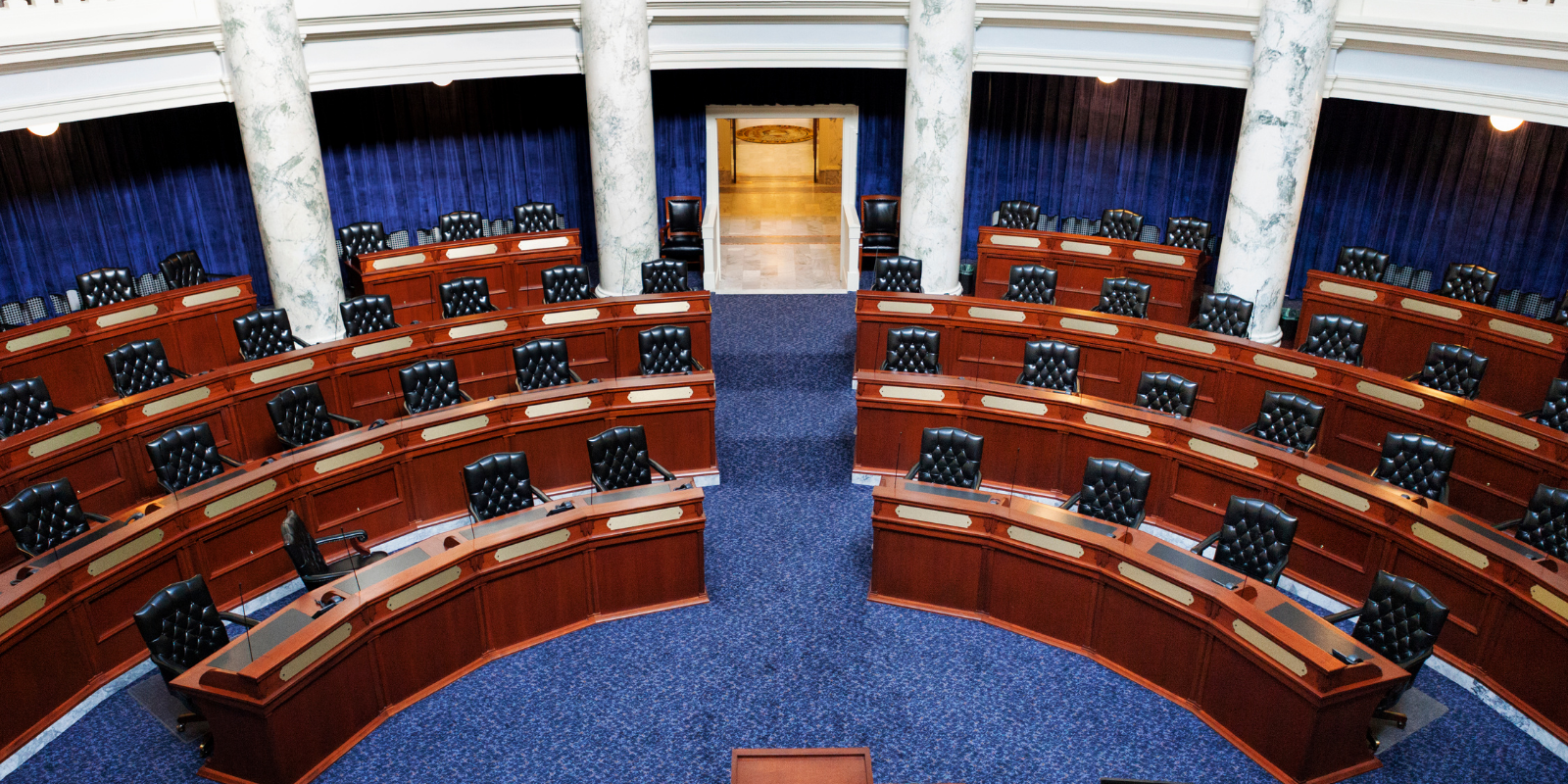Idaho incarcerates more people per capita than most states—and more women than any other democracy in the world. Despite these alarming statistics, this year Idaho lawmakers passed a half dozen laws that will further burden our courts, prisons, and jails.
Throughout session, we continued advocating against punitive “solutions” to societal issues and the ongoing expansion of the carceral state, recognizing that criminal justice is a confluence of racial, economic, and social justice.
